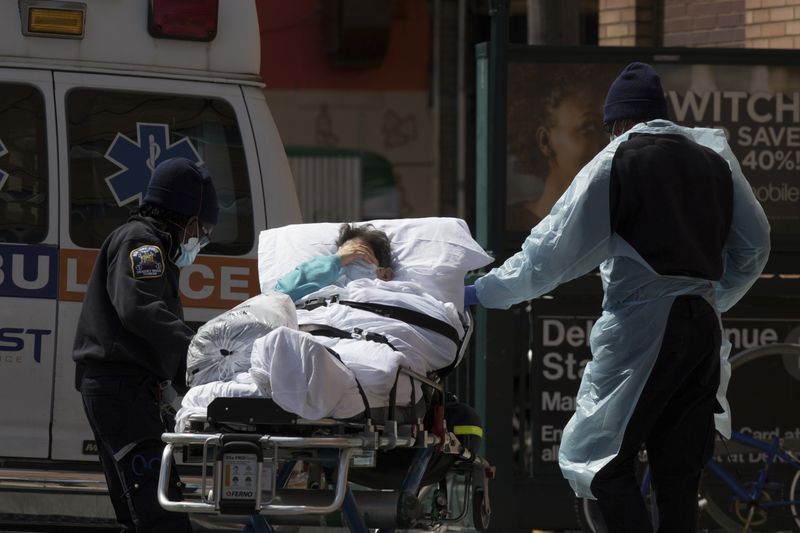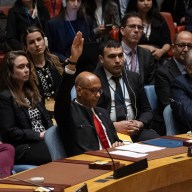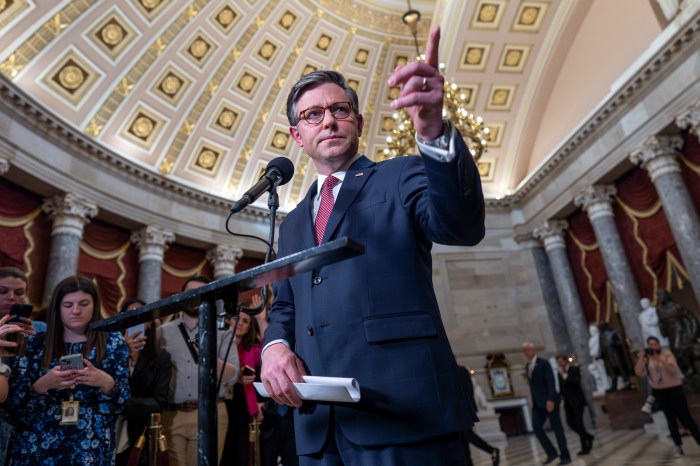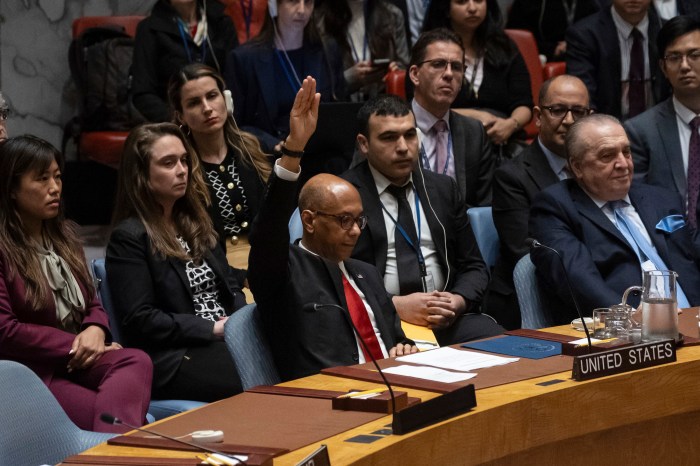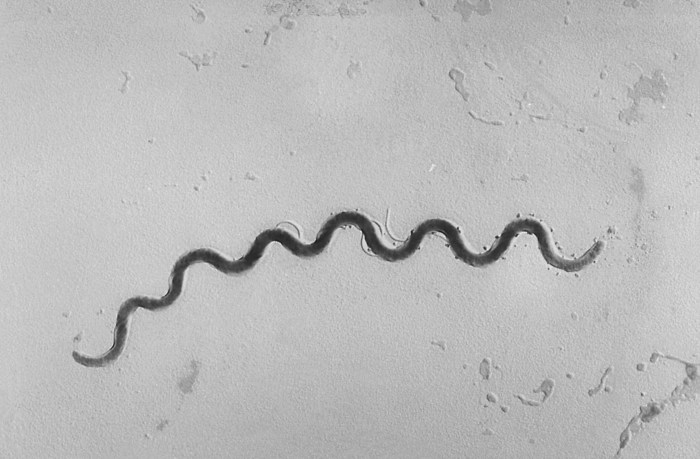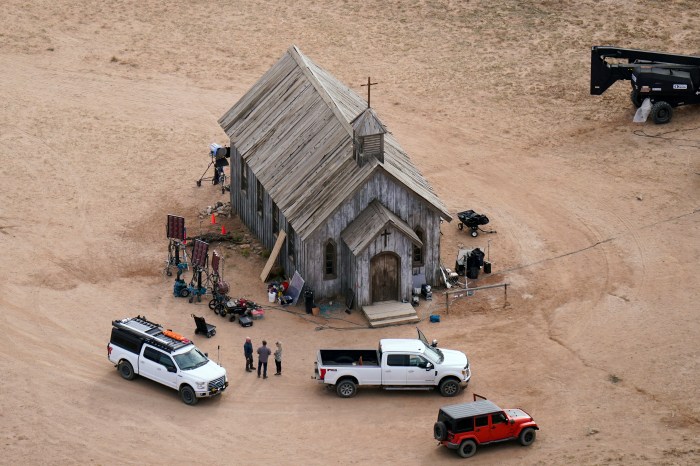(Reuters) – A new forecast projects nearly 135,000 deaths due to COVID-19 in the United States through the beginning of August mainly due to reopening measures under way, the Institute for Health Metrics and Evaluation (IHME) at the University of Washington said on Monday.
The forecast U.S. death toll through early August totaled 134,475, a midrange between 95,092 and 242,890, the IHME said. The revised projection almost doubles the number of deaths foreseen in the United States since the last estimate in mid-April.
The new projections reflect rising mobility and the easing of social distancing measures expected in 31 states by May 11, said the IHME, whose models are used by the White House. The increasing contacts among people will promote transmission of the coronavirus, it said.
“This new model is the basis for the sobering new estimate of U.S. deaths,” said IHME director Christopher Murray, referring to the reopening measures.
The IHME said its new model assumes that public health orders that are currently in place will stay in place until infections are minimized.
The IHME’s forecast increases the projected number of deaths in the U.S. by more than 62,000, with a rise of more than 8,700 deaths in New Jersey and more than 7,800 in New York state for the same period, up from estimates released last month.
Murray said understanding the effect of temperature on transmission of the virus “is rapidly evolving.”
“At the moment, we believe that the effects of temperature on transmission are important, yet minimal. As we move into summer and temperatures rise, we will learn more and will revise our projections if it is statistically relevant.”
(Reporting by Rich McKay in Atlanta; editing by Bill Tarrant; Editing by Bill Tarrant and Cynthia Osterman)

